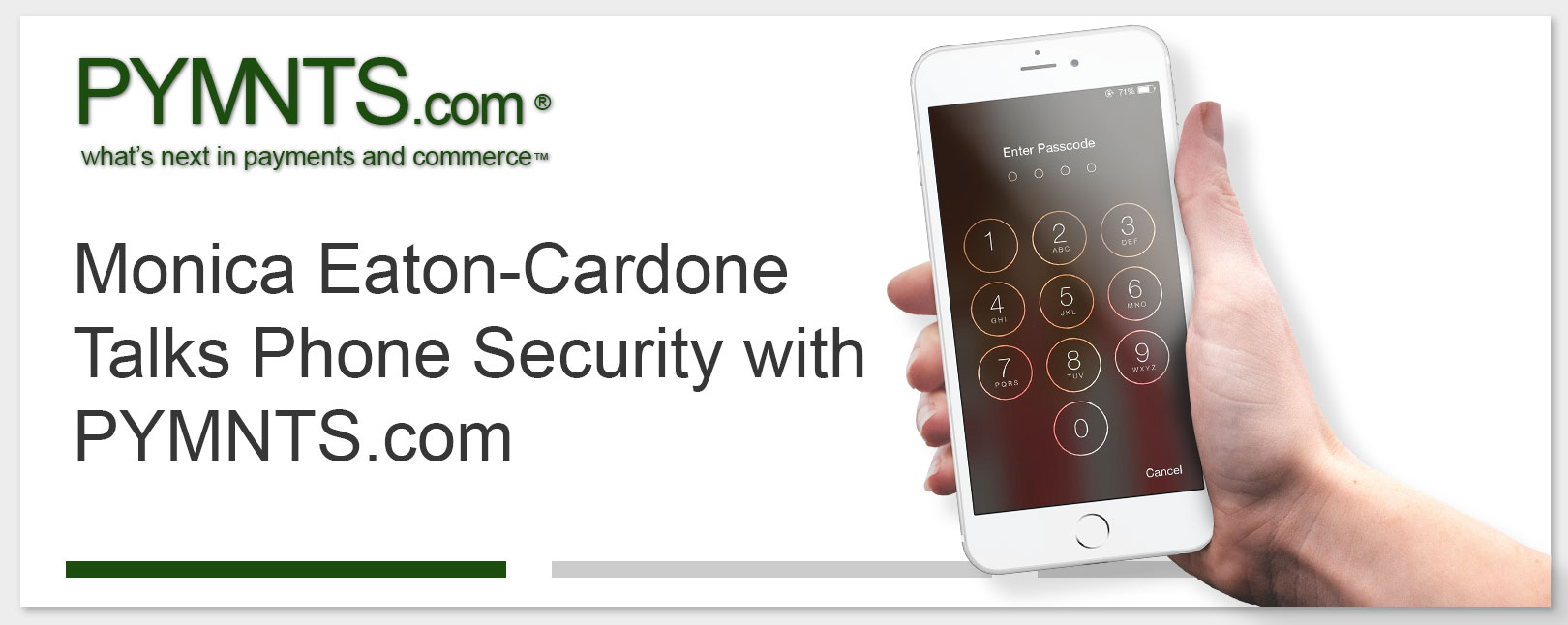Chargebacks911® COO Says Used Phones Can Be a Gold Mine for Fraudsters
Newer, more powerful phones hit the market every few months, and millions of users throughout the US upgrade their devices regularly.
According to Chargebacks911® COO, Monica Eaton, roughly 72 percent of all Americans now own a smartphone. Unfortunately, millions of those users trade in their outdated model for something newer, but leave behind personal information that makes them susceptible to fraud.
High Phone Turnover Equals High Fraud Risk
In mid-July, Monica spoke with PYMNTS—one of the payments industry’s top publications for news and critical insight—on the subject of phone upgrades and security. As cited in the article, the average smartphone user replaces their phone every 29 months. What users fail to realize is that many of those recycled and resold phone still contain personal information left behind by users.
As other methods of stealing consumer information become more difficult, fraudsters turn increasingly toward resold phones as a method of getting ahold of private data. As Monica explained:
Fraudsters are persistent; if one source of illicit income goes away, they simply find another. And given the amount of personal data left on used smartphones, these devices can provide a veritable treasure trove of information for enterprising criminals…Fraudsters can use this data to commit identity theft, whether it’s opening accounts or loans in the owner’s name, ordering merchandise or services using the owner’s stored login details or scamming contacts by posing as the owner.”
Monica further warned that even information as simple as photos and videos can be used by criminal who might seek to blackmail users.
Taking Greater Precautions to Prevent Fraud
Monica explains that manually deleting files or resetting the device to factory settings wasn’t enough to protect users’ privacy. Instead, users will need to take proactive steps to ensure that their data is totally wiped from the device before trading it in for a new phone.
In addition, businesses also bear some degree of responsibility to ensure that consumer data does not fall in the hands of fraudsters. For example, merchants who resell used phones, tablets and other devices should ensure that all data is correctly removed from the device before reselling it.










